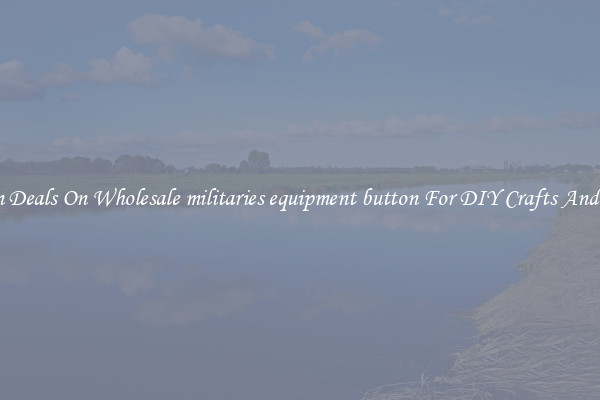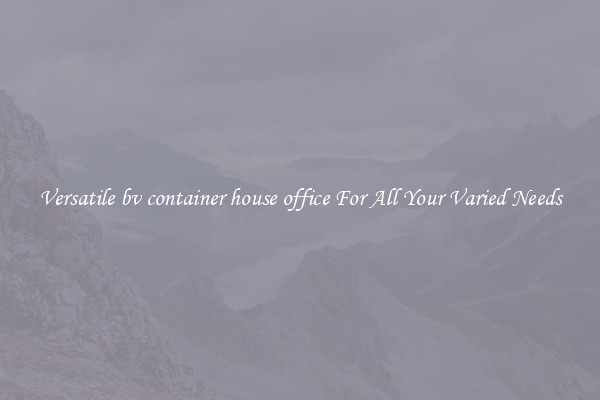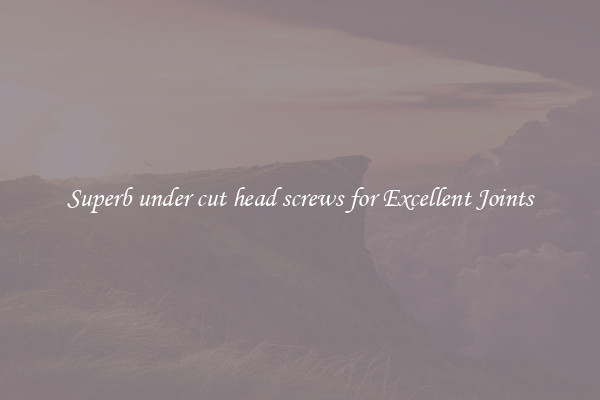Versatile materials requirements planning For All Your Varied Needs
Versatile Materials Requirements Planning for All Your Varied Needs

Materials requirements planning (MRP) is a crucial aspect of any manufacturing or production process. It involves the planning, scheduling, and control of the materials needed to carry out production efficiently and effectively. However, as businesses become increasingly diverse and their needs more varied, it is essential to adopt a versatile approach to MRP to cater to these different requirements.
Versatile MRP enables businesses to streamline their processes and maximize their productivity while accommodating various needs and specifications. This approach involves the utilization of flexible and adaptable software and systems that can handle different types of materials, products, and manufacturing processes. By adopting a versatile MRP system, businesses can enhance their overall efficiency and responsiveness, leading to improved performance and customer satisfaction.
One of the primary benefits of versatile MRP is its ability to handle diverse materials. While traditional MRP systems focus on managing and planning for standard inventory items, versatile MRP goes beyond this and encompasses a wide range of materials, including raw materials, components, sub-assemblies, and finished products. This flexibility is particularly advantageous for businesses engaged in complex production processes or those that deal with customizable or configurable products.
Furthermore, versatile MRP supports a variety of manufacturing processes. This means that it can cater to the needs of businesses involved in different production methods, such as make-to-order, make-to-stock, engineer-to-order, or assemble-to-order. By accommodating these various manufacturing processes, versatile MRP allows businesses to optimize their production schedules, minimize lead times, and reduce inventory holding costs.
Another crucial aspect of versatile MRP is its ability to handle multiple demand signals. This means that it can effectively manage different types of demand, including regular, sporadic, seasonal, or project-based. By incorporating multiple demand signals into the planning process, businesses can accurately forecast their material requirements, avoid stockouts or excess inventory, and better allocate resources to meet customer demand.
Furthermore, versatile MRP enables businesses to utilize different planning techniques. This includes various forecasting methods, such as historical demand patterns, trends, or market intelligence. Additionally, versatile MRP provides businesses with the option to integrate demand-driven planning, where production and material requirements are driven by actual customer demand rather than forecasts. This versatility in planning techniques allows businesses to choose the most suitable approach based on their specific requirements and circumstances.
In conclusion, versatile materials requirements planning is an essential tool for businesses with diverse needs. By adopting a versatile approach to MRP, businesses can effectively handle different types of materials, manufacturing processes, and demand signals. This enables them to optimize their production processes, reduce costs, and achieve higher customer satisfaction. As businesses continue to evolve and adapt to changing market dynamics, adopting versatile MRP systems becomes increasingly crucial in meeting these varied needs efficiently and effectively.

View details

View details

View details

View details








